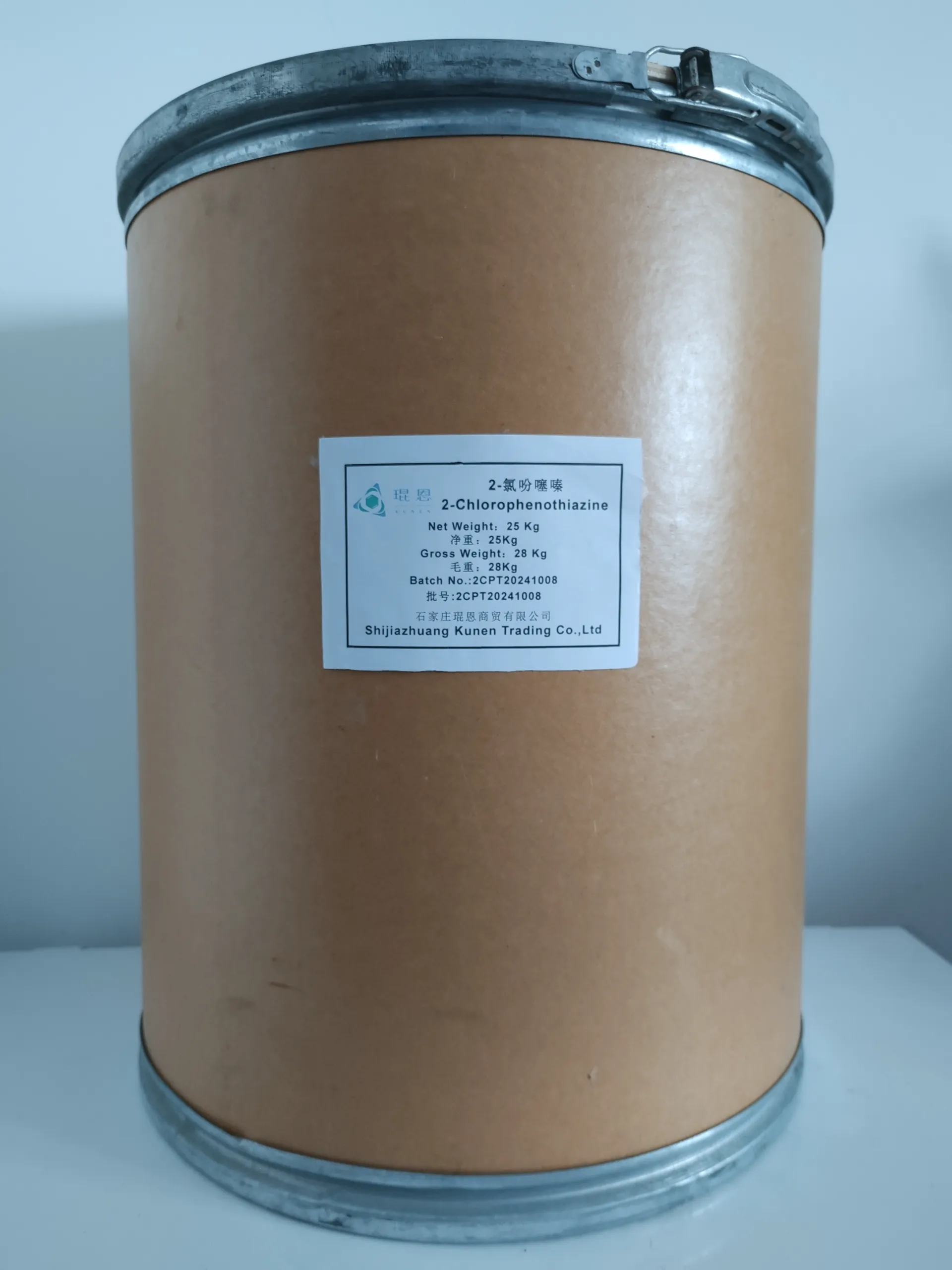Ethylene Glycol Diacetate (EGDA) is an important organic compound with typical chemical properties of esters. As a multifunctional chemical substance, it plays an important role in the pharmaceutical industry and is widely used in fields such as drug synthesis, solvents, and intermediates.

Chemical Properties and Reaction Characteristics of Ethylene Glycol Diacetate
The molecular formula of ethylene glycol diacetate is C ₆ H ₁₀ O ₄, and its structure contains two ester bonds (- COO -). This structure endows it with the following chemical properties:
Hydrolysis reaction: Under acidic or alkaline conditions, ethylene glycol diacetate is prone to hydrolysis reaction, producing ethylene glycol and acetic acid. For example, in the presence of caustic soda (NaOH) or inorganic acids (such as sulfuric acid), the hydrolysis reaction will accelerate.
C₆H₁₀O₄ + 2H₂O → HOCH₂CH₂OH + 2CH₃COOH
This characteristic allows it to serve as an intermediate in certain drug synthesis, generating the desired alcohol or acid through hydrolysis reactions.
Ester exchange reaction: Ethylene glycol diacetate can undergo ester exchange reaction with other alcohols to generate new ester compounds. This reaction is commonly used in the pharmaceutical industry to synthesize drug molecules with specific structures.
Umumunyifu: Ethylene glycol diacetate has good solubility and can dissolve various organic compounds, so it is often used as a solvent in pharmaceutical preparations.
Application of Ethylene Glycol Diacetate in the Pharmaceutical Industry
The chemical properties of ethylene glycol diacetate make it widely applicable in the pharmaceutical industry, mainly reflected in the following aspects:
Intermediate for drug synthesis: Ethylene glycol diacetate can be used as an intermediate for the synthesis of certain drugs. For example, in the synthesis process of antibiotics, antiviral drugs, and cardiovascular drugs, it generates key intermediates through hydrolysis or ester exchange reactions. Its hydrolysis products, ethylene glycol and acetic acid, are also important raw materials for the synthesis of many drugs.
Solvent: Ethylene glycol diacetate is an excellent organic solvent that can dissolve various active pharmaceutical ingredients (APIs) and is used in pharmaceutical formulations to prepare solutions, suspensions, or emulsions. Due to its low toxicity and good biocompatibility, it is widely used in the pharmaceutical industry.
Plasticizer: In the production of pharmaceutical packaging materials such as capsule shells and film coatings, ethylene glycol diacetate can be used as a plasticizer to improve the flexibility and processability of the material.
Drug carrier: In some sustained-release or controlled release drug formulations, ethylene glycol diacetate can be used as a carrier to help slow down the release of active ingredients, thereby improving the efficacy and safety of the drug.
Safety and Environmental Protection of Ethylene Glycol Diacetate
Although ethylene glycol diacetate is widely used in the pharmaceutical industry, its use still requires attention to safety and environmental protection:
Toxicity: Ethylene glycol diacetate has low toxicity, but may cause irritation to the skin and mucous membranes at high concentrations. Therefore, appropriate protective measures need to be taken in industrial production.
Environmental impact: As an organic compound, ethylene glycol diacetate may degrade slowly in the environment. Pharmaceutical companies need to comply with relevant environmental regulations to ensure that their waste is properly disposed of.
With the continuous development of the pharmaceutical industry, the application prospects of ethylene glycol diacetate will be even broader. In the future, researchers may further explore its potential applications in novel drug delivery systems such as nanomedicine and targeted drugs. At the same time, the development of green chemistry technology will also promote the production and use of ethylene glycol diacetate to be more environmentally friendly and sustainable.
Ethylene glycol diacetate, as an important chemical substance, plays an indispensable role in the pharmaceutical industry due to its unique chemical properties and wide application value. From drug synthesis to formulation production, it provides important support for the development of the pharmaceutical industry. In the future, with the advancement of technology, ethylene glycol diacetate will continue to contribute to the cause of human health.


